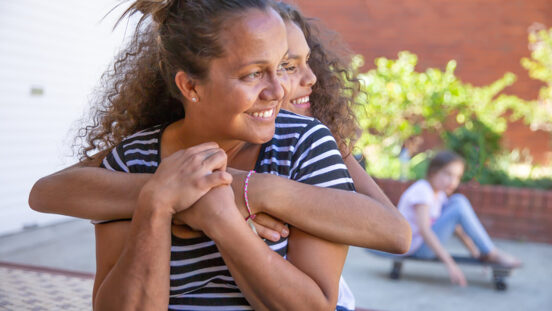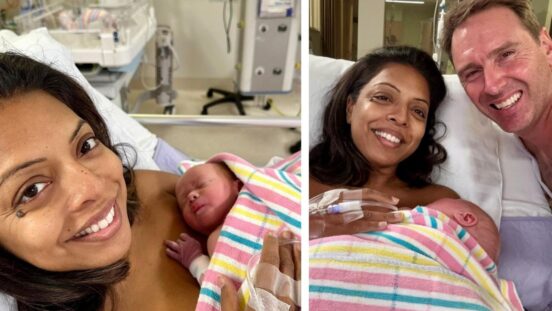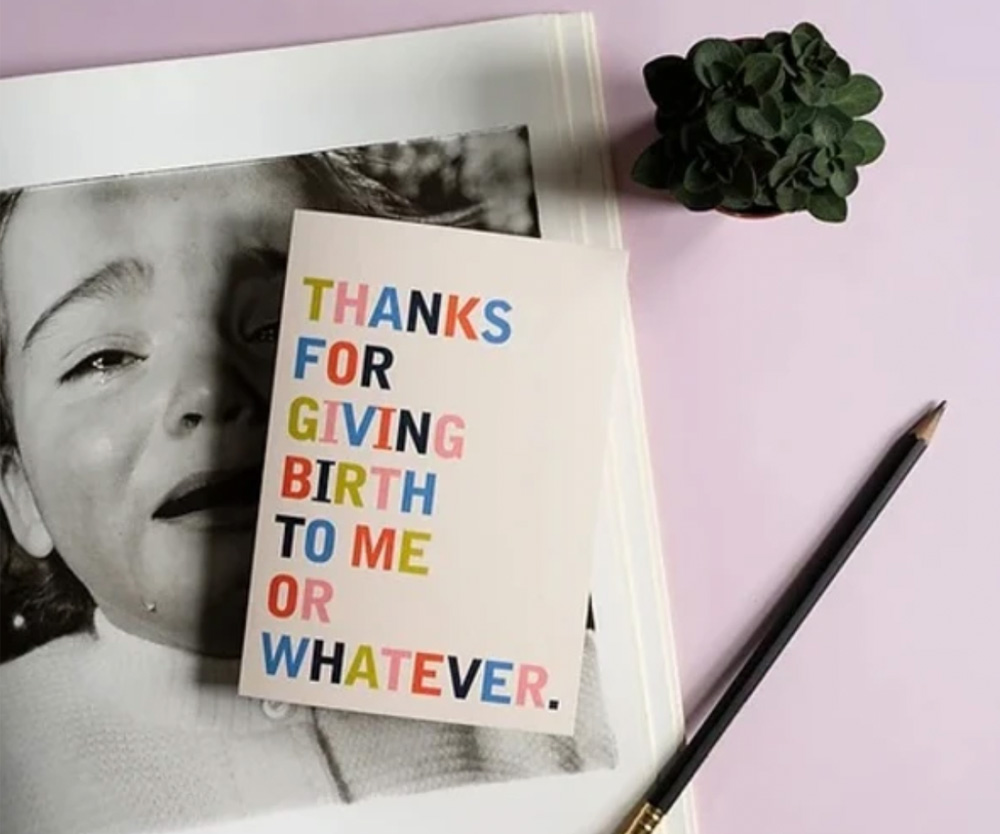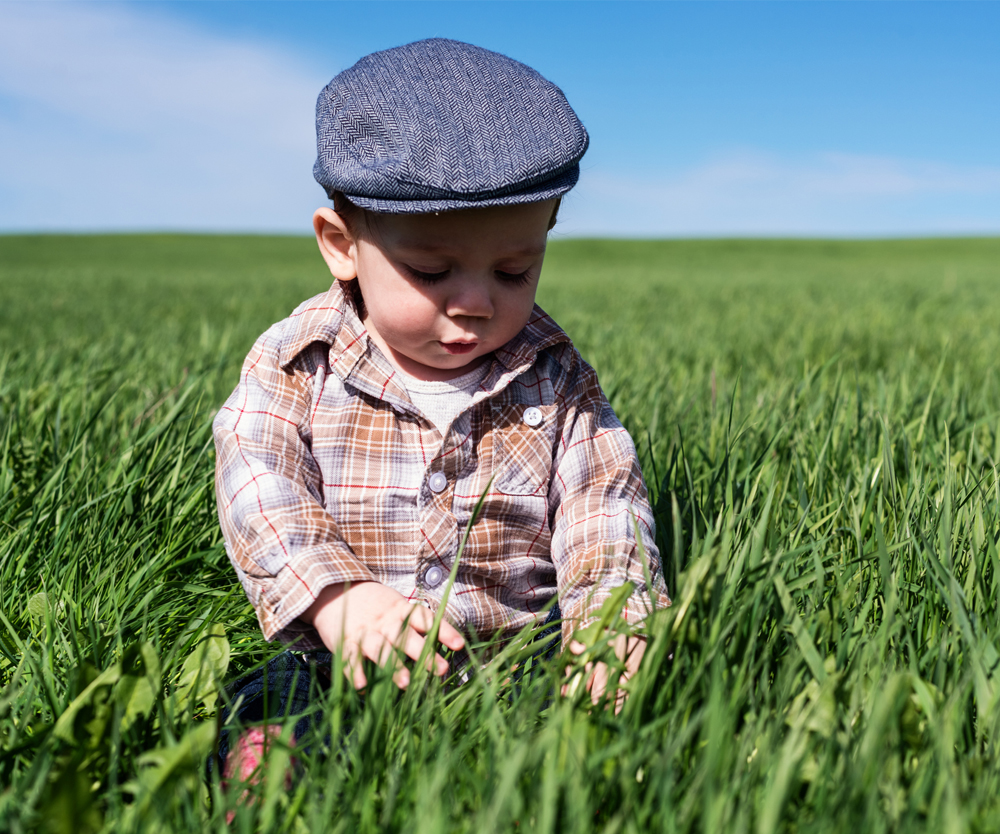How the Federal Budget will impact childcare, single parents and women’s health
There are winners and losers.
The 2021 Federal Budget has been announced and there is a whole lot of funding being directed towards easing childcare costs, supporting women’s health issues and helping first home owners and single parents reach their dream of owning their own home.
On Tuesday night, the Morrison government unveiled it’s big-spending budget with millions of Aussies set to reap the rewards while others will feel a hit to their back pocket.
Here’s how the Federal Budget will impact childcare, women’s health, single parents and first home buyers.
A boost to childcare affordability, but there’s a catch
The Morrison Government has set aside $1.7 billion to boosting childcare affordability.
The policy will offer rebates of up to 95 per cent but only if you have two kids in daycare and your children are aged five and under.
“We have targeted our $1.7 billion commitment at families that have more than one child in childcare,’’ Treasurer Josh Frydenberg told Parliament on Tuesday night in his budget speech.
“250,000 families will be better off by an average of $2200 each year,’’ he said. “Giving more parents, especially women, the choice to take on extra work.”
With the policy not set to kick off until July, 2022, many are saying it’s not coming in soon enough. What’s the hold up? The treasurer blames “IT” for the delay.
“But again there are technical issues …with regard to changing IT and computer systems,’’ he said.

The government is set to boost childcare funding but it does not apply for one child.
Early Childhood Australia CEO, Samantha Page has previously spoken out over the government delaying relief.
“We are disappointed that changes are planned to come into effect in 2022, meaning many families currently using child care won’t have any relief,” she said.
“The changes announced add complexity to an already complex system – therefore clear information must be available to families and providers.”
Under the new budget, eligible families could pay as little as $6 a day for childcare.
The childcare policy will also see wealthier families on high incomes benefit as the government will remove the $10,000 cap on childcare fee rebates. This means parents will no longer face paying full fees towards the end of the year once they hit the maximum allowable rebate.
How the budget impacts women’s health
The federal budget will include almost $354 million for women’s health. Where will this money be split?
More than $47 million will go to services specialising in perinatal depression and almost $27 million to combat eating disorders.
$95.9 million is being spent on screening of embryos for abnormalities during the IVF process, and $13.7 million is being allocated to reduce pre-term birth rates – particularly among Indigenous communities.
$21.6 million is going towards women’s health initiatives, including education and pain management programs targeting endometriosis, which affects one in nine Australian women.

More than $47 million in funding will go to services specialising in perinatal depression.
Single parents
Single mums with dependent children who are looking to buy a home will now be able to enter the property market with a 2 per cent deposit. Under the Family Home Guarantee Scheme the government will guarantee up to 18 per cent of the loan.
First home buyers
First-time homebuyers are also benefitting with a 5 per cent deposit scheme for 10,000 first-home buyers set to continue, with the federal government guaranteeing up to 15 per cent of the loan.
The First Home Super Saver will also allow up to $50,000 in voluntary contributions, up from $30,000, for a first home deposit.




